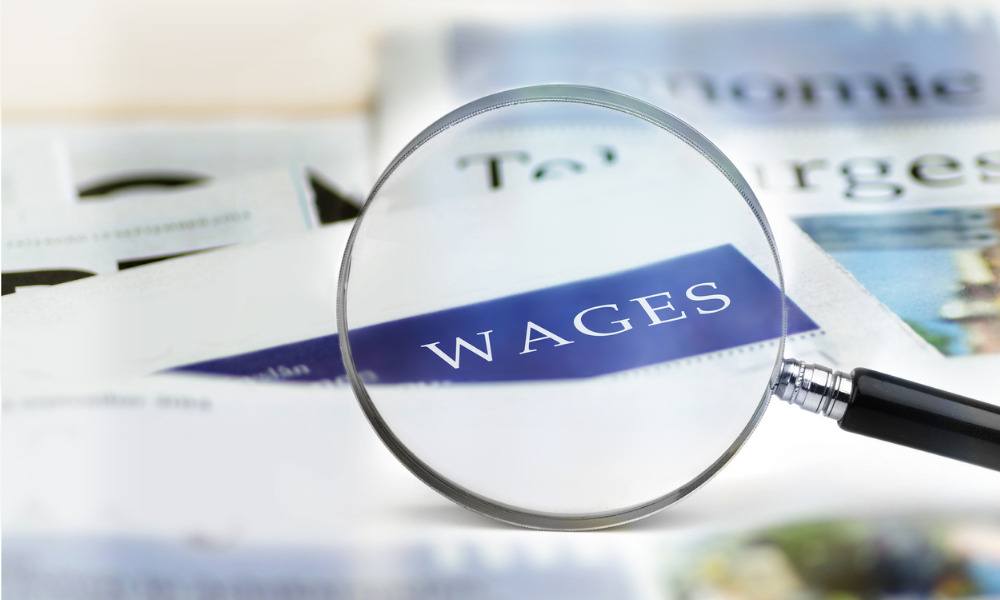
‘Some businesses are thriving, but others are still suffering’

The move to increase Australia’s minimum wage and modern awards by 2.5% creates “unnecessary risk and increases in overheads” which can end up hurting businesses still reeling from the financial toll of the pandemic, a group of business leaders in NSW said.
While the wage hike benefits the lowest-paid, awards-reliant workers, the increase exceeds both inflation and average wage rises across the economy, according to Business NSW. The organisation called for an increase of 1.6% in what they deemed a “cautious approach given the significant challenges and uncertainty facing business,” said CEO Daniel Hunter.
Read more: HR sector primed for pay rises as job demand outstrips supply
“The challenge with the structure of the Annual Wage Review (AWR) process is that it can’t fully accommodate significant variances in the economy with its one-size-fits-all approach,” Hunter said. “Some businesses are thriving, but others are still suffering. This has been particularly challenging for the Expert Panel at the Fair Work Commission this year, between enabling employees of prospering businesses to see wages rise, without imposing fatal extra costs on struggling businesses.”
The group’s early estimates suggest the wage hike would cost NSW nearly a billion dollars even in this crucial period of recovery. “Employers are still suffering from the COVID-19 pandemic and the continued closure of the international borders,” Hunter said.
“This pay rise occurs on the same date as the legislated rise of 0.5% to the Superannuation Guarantee. We are concerned that for many affected businesses, this rise will negatively impact unemployment, especially for lower paid and younger workers,” the CEO said. Overall, increasing the cost of labour repeatedly will only set employers back.
Read more: NSW government to slash public sector wage increase
“Businesses in some sectors will face three pay rises in the space of nine months. Wages in the tourism sector increased by 1.75% on 1 Feb, then will increase by 0.5% on 1 July and again by 2.5% on 1 November. Although aggregate employment statistics are presently healthy, repeated cost increases cannot be loaded onto the shoulders of businesses without causing damage,” Hunter said.
“The COVID-19 pandemic is not yet over with community transmission cases still occurring and a vaccine rollout has not been as fast or extensive as is needed across Australia. As a result, key industry sectors continue to be significantly impacted by economic uncertainty, the ongoing closure of international borders and the lack of a clear roadmap for how and when borders will safely reopen.”